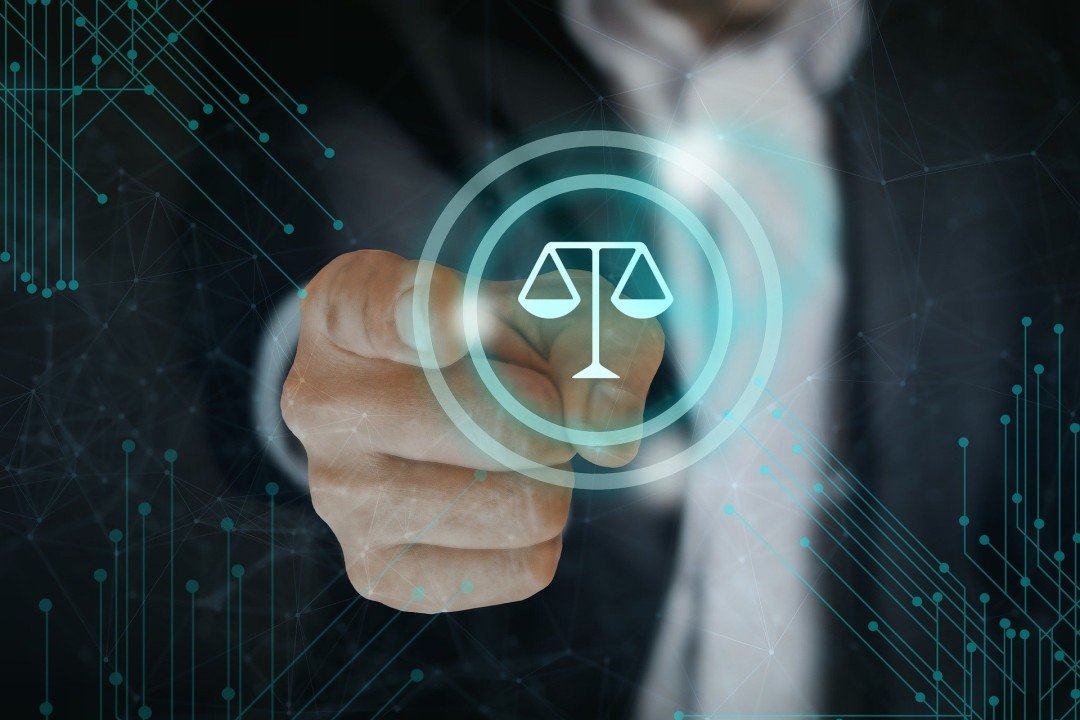Designing The Law Of The Technological Future

We trust human expertise more than technology. However, over the last decade, as technology has transformed everyday life, the legal field has also taken notice of its impact. Companies, inhouse counsel, paralegals, and other legal functions who would not consider relying on ‘non-human’ intermediaries to execute on critical, time-intensive work are now implementing technology tools, processes and intelligence to speed and improve organizational outcomes.
This is because law is intertwined with every other function. As a corporate function, legal is expected to meld with technology and business to help organizations stay ahead in today’s hyperconnected, customer-driven, digital world. Simply stated, one less week of review and negotiation cycle time in a revenue producing agreement equals one more week of revenue in quarter.
The shift has impacted several things, including corporate law, the lawyer’s role, and the way legal executes on its expanding scope. Let us take a closer look at these changes by examining how these transformations are being projected to evolve in the coming years.
Law will deliver faster
The corporate legal department is expected to move out of its reliance only on attorneys to deliver its product. Legal departments will more and more be expected to use artificial intelligence (“AI”) software to derive patterns from huge data sets and comb through agreements, which will streamline the labor- and time-intensive process of document review to create more time in the workday to add strategic value.
Although currently available AI-enabled tools may not be able to handle complex contracts, they are demonstrating the ability to expedite the review of simpler contracts including Master Services Agreements (MSAs) and statements of work (SOWs). These have shown the potential to be trained into AI-driven tools to empower automated ‘first-pass’ reviews. These tools help speed up review workflows, although a final review by a legal expert is typically required before sign-off.
Lawyers will work ‘smarter with new technology
Now consider the lawyer’s role itself. Humans will increasingly work alongside machines in the coming years. In fact, according to the World Economic Forum, by 2025 ‘more than half of all current workplace tasks will be performed by machines’ as compared to just 29 percent today.
AI is gaining traction because it can efficiently perform repetitive commodity tasks, freeing counsel to focus on what matters. For example, AI can sift through lengthy MSAs and SOWs in seconds, highlighting sections that are higher-risk and / or out of compliance with the legal department’s contract clause playbook or missing key provisions altogether. This permits counsel to focus only on those provisions that demand review, modification, and negotiation rather than the entire agreement, saving valuable time.
These trends will impact lawyers’ professional development as well. Their job will change because technology will step in to solve problems in new ways. The price of admission will be a clear understanding of the technology itself, how it works and “learns,” and the appropriate audit oversight to ensure AI results are satisfactory.
The professional development reward will not only be gaining technical expertise but the ability to move upstream, for example, to the strategic side to help model deal structures for more rapid deal execution. Lawyers can also collaborate in building a legal system where next-generation technology steps in to carry out repetitive tasks. Additionally, they will innovate ways to collaborate with AI and machine-learning enabled smart machines to deliver legal function at competitive costs, and with greater convenience and personalization.
Another example of this shift will be the new ways in which existing contract reviews will be conducted. Smart tech solutions such as AI and ML will be used to pinpoint key legal terms and ensure SLAs are accurately tracked, obligations met, and payment and renewal terms correctly followed and implemented
Bolstering Due Diligence in M&A
AI will have important implications for how Due Diligence is conducted for M&A transactions. Typically, in an M&A transaction, numerous agreements must be reviewed, for example, the target company’s customer agreements. Currently, during the diligence phase, a junior level attorney will review every contract to identify key terms where there may be an elevated risk profile or gaps in terms that might otherwise mitigate risk. This is a very time- and labor-intensive process.
Implementing AI to sift through and identify clauses that are out of the standard risk profile, such as an unlimited liability for simple negligence, will effectively streamline the process of reviewing tens of thousands of pages of agreements.
Of course, this does not mean that AI can or will replace attorneys. Rather, as comfort with and confidence in AI and ML increase, over time it will help improve efficiencies and make it possible for deals to be done more efficiently with horsepower focused on higher order work.
The future of law is technology-based and outcome-driven
As technology continues to advance, it will provide tremendous opportunity to many corporate support functions, particularly legal. Legal must embrace change and become fluent in these technologies to drive efficiencies. Legal will always be crucial to business, but the way it is practiced will evolve in concert with the relevant technology.





